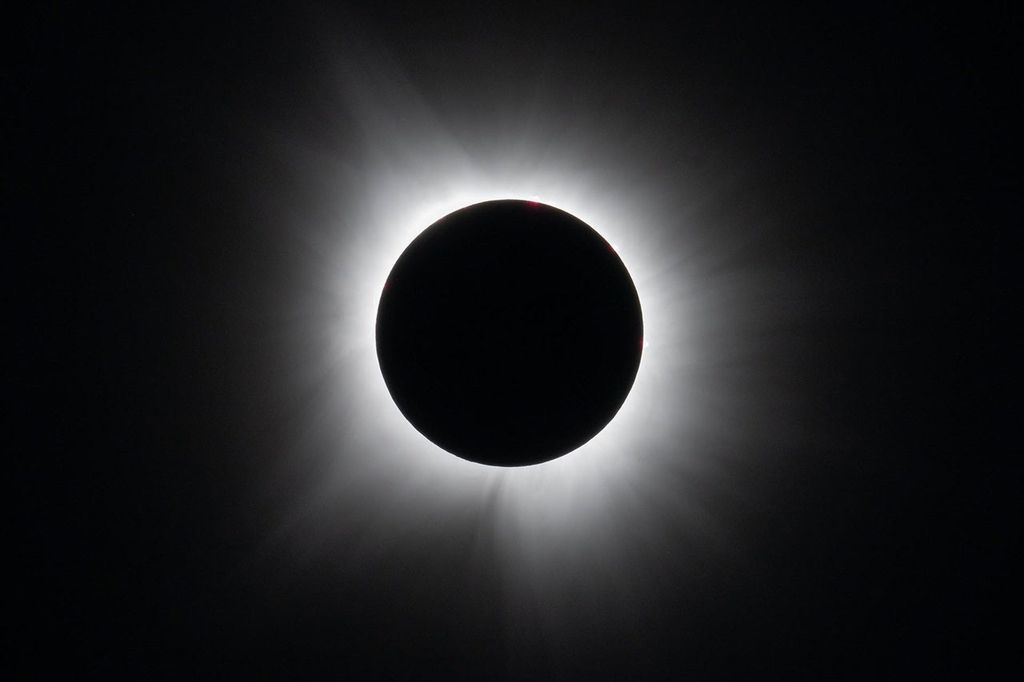2018 Autonomy Workshop: Output and Results
Over 90 individuals from industry, academia, and NASA participated in the 2018 Workshop on Autonomy for NASA Science Missions, held at Carnegie Mellon University, October 10-11, 2018.
To provide structure for workshop discussions and post-workshop analysis, NASA established eight teams to examine the following Design Reference Mission (DRM) areas: Astrophysics, Earth Science, Heliophysics, Mars, Moon, Ocean Worlds, Small Bodies and Venus. Each DRM team was led by a scientist and a technologist, and team members consisted of workshop participants with relevant experience and interest. NASA asked each team to develop one or more mission scenarios that would be enabled by infusion of autonomous technology. The Agency provided guidance to support these team discussions; in particular, NASA urged the DRM teams to “think out of the box” and to consider bold missions that would be enabled by autonomous technology to provide valuable science results. Each DRM team developed mission scenarios that included defined science objectives, capability and technology needs, system requirements, and a concept of operations. Teams also identified gaps where autonomy technologies and other supporting technologies need to be developed and/or infused to enable each mission.
The DRM teams conducted small group discussions at the workshop and then presented a summary of their findings to all workshop attendees. Each DRM team continued to refine its mission scenarios after the workshop, creating both a full report and a summary report to document team findings.
























